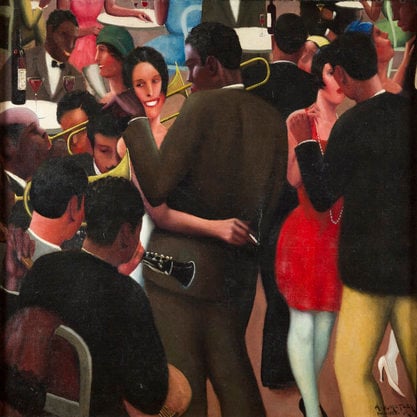Article
Sharp, Cecil James (1859--1924) By Walkowitz, Daniel J.
Article
In the short span of about fifteen years in the early twentieth century, Cecil James Sharp ignited a folk revival in country song and dance in both England and the United States that would shape the revivalist song and dance movements into the twenty-first century. The most renowned and prolific folk song and dance collector of his day, Sharp also rediscovered, transcribed and notated the several hundred dances of The English Dancing Master published by John Playford starting in 1651, a corpus that became the core curriculum of a transatlantic revival in English Country Dance. Ironically, Sharp mobilized anti-modern folk traditions for a modernist project. Imagining the ‘folk’—simple rural villagers—as carriers of a pristine, idyllic culture, he celebrated English folk song and dance as ‘authentic’ Englishness, as a way of Anglicizing migrants and immigrants to urban life. Occasionally omitting behaviour (e.g., kissing) or language that challenged his sense of propriety, he took the dances and songs of the ‘peasantry’ and reproduced them as a modern middle-class alternative to the popular culture he associated with the music hall.
